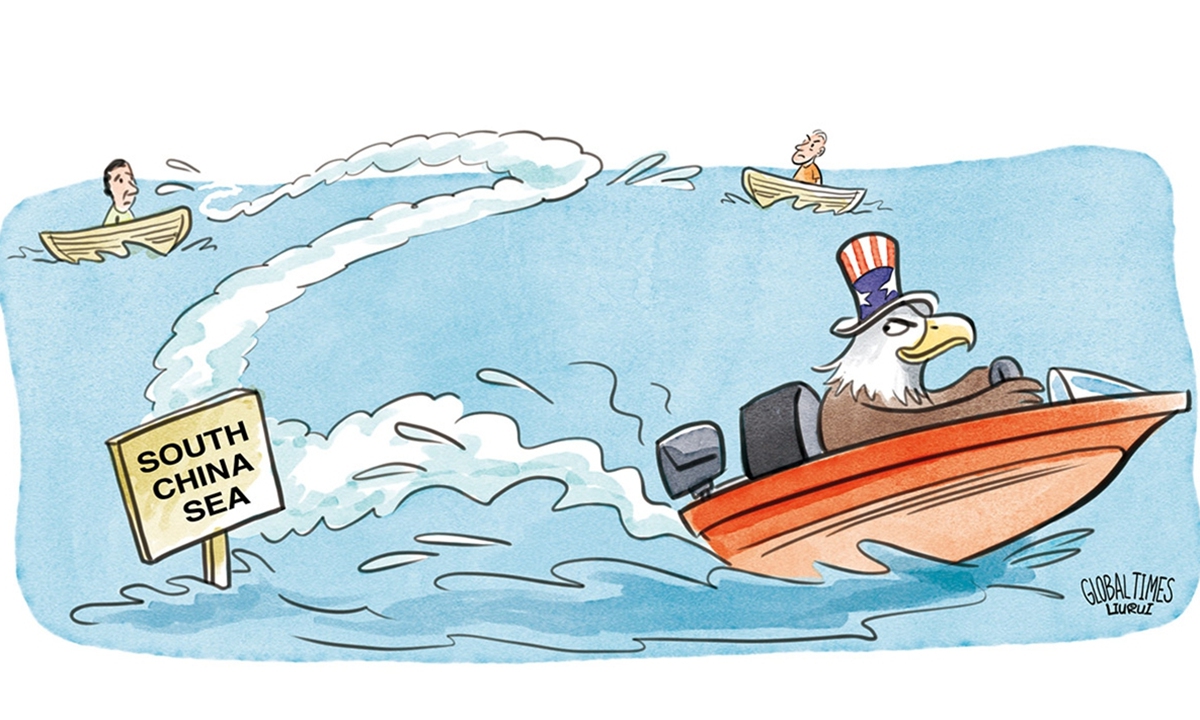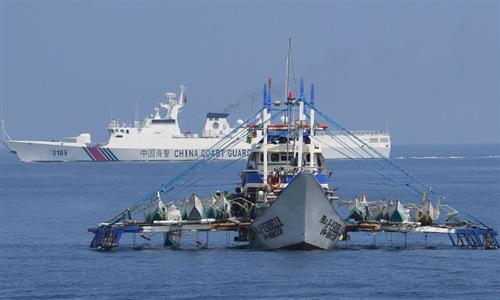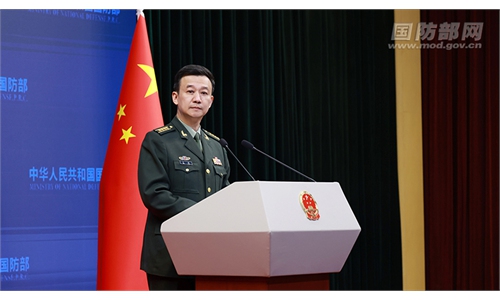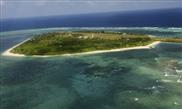Philippines' shortsightedness on the South China Sea issue will only end up in self-hurting

Illustration: Liu Rui/Global Times
The recent frequent provocations by the Philippines in the South China Sea have exposed the shortsightedness of the Philippine government, which will only bring more negative impacts to the Philippines.
On Sunday, Philippine vessels trespassed into waters off a Chinese reef in the South China Sea and intentionally rammed a Chinese ship. The spokesperson of the China Coast Guard demanded that the Philippines immediately stop its infringing actions and strictly control its provocations on the front line. On Monday, the Philippines said it summoned Chinese ambassador, Huang Xilian, and openly threatened to declare him as a "persona non grata." According to Reuters, the US has called out China for undermining regional stability.
It is the Philippines and the US that have made waves in the South China Sea and disrupted regional stability. Analysts believe the main reasons behind the recent confrontations between China and the Philippines over islands and reefs in the South China Sea are the Philippines' unilateral breach of the previously established tacit understanding between the two countries and its unprofessional operations.
Chinese military expert Song Zhongping told the Global Times on Monday that there are multiple reasons why the Philippines is provoking China, with the biggest reason being the opportunities or pressures brought by the US Indo-Pacific Strategy. Under US instigation and indulgence, the Philippine government under Ferdinand Marcos Jr has continuously provoked China and has been used as a pawn by the US. The current shift in the Philippines' policy toward China is very shortsighted. The Philippine government lacks understanding of the comprehensive benefits brought by cooperation and friendship between China and the Philippines. The Marcos Jr government disregards the urgent needs of domestic economic development and people's livelihoods in the Philippines. Insisting on provoking China will lead to further deterioration of people's livelihoods in the Philippines, further lagging economic development, and exacerbating social problems in the Philippines.
Serving as a US pawn will only have negative impacts on the Philippines. Li Kaisheng, vice president of the Shanghai Institutes for International Studies, believes that if the situation in the South China Sea deteriorates, the so-called guarantee from the US cannot ensure the safety of the Philippines. Moreover, in the game with China, the Philippine government cannot gain any advantage.
US State Department spokesperson Matthew Miller said in a statement on Monday, "The United States stands with our Philippine allies," and claimed that the US-Philippines Mutual Defense Treaty applies to the South China Sea. Li believes that although the US has repeatedly stated that the treaty applies to attacks on Philippine public vessels in the South China Sea, it is currently just a political and diplomatic statement that serves to incite the Philippines. Whether this treaty can play a substantive role in the event of a conflict is unclear.
Currently, the US is creating a tense situation in the South China Sea in order to establish multilateral cooperation mechanisms such as "US-Japan-Philippines" and "US-Philippines-Australia" and provide support for the so-called security cooperation. However, it is questionable how many of the commitments the US makes to its allies are genuine, as most of them seem to be empty promises. Song believes that further observation is needed to determine whether the US-Philippines Mutual Defense Treaty will involve the South China Sea issue. Nevertheless, China's determination and means to safeguard its sovereignty and the security of islands and reefs in the South China Sea will not weaken in the slightest.
Inciting the Philippines to be at the forefront and stir up the situation in the South China Sea is the true intention of the US strategy. The US meddling in the South China Sea will inevitably bring regional turmoil and pose a danger to regional stability. If the Marcos Jr. government continues to act as a pawn for the US and to provoke China on issues related to Chinese sovereignty, such as Ren'ai Jiao and Huangyan Island, it will inevitably end up hurting itself.



